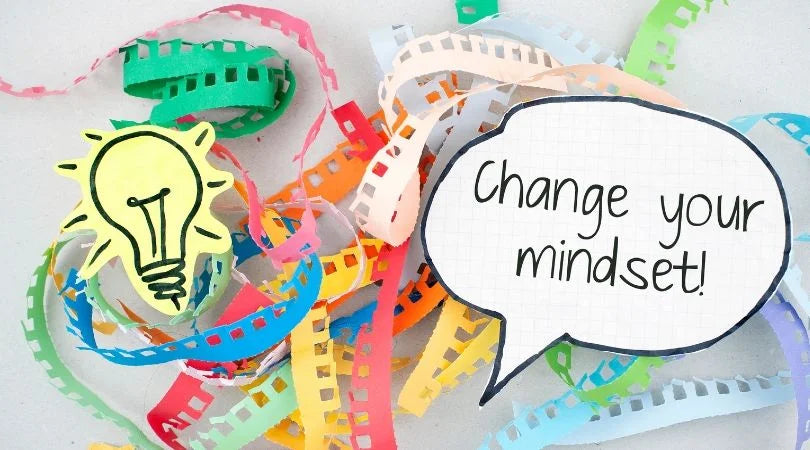Top 10 Activities for Kids to Develop a Growth Mindset.
Developing a growth mindset in children is essential for fostering resilience, adaptability, and a love for learning. Cultivating this mindset from a young age can set the stage for a life full of exploration and personal development. Here are the top 10 activities designed to nurture a growth mindset in kids:
-
Puzzle Challenges: Encourage kids to tackle puzzles that are slightly beyond their current skill level. This not only improves problem-solving abilities but also teaches them to see challenges as opportunities to grow.

-
Growth Mindset Journals: Dedicate a journal where kids can jot down new things they've learned, challenges they've overcome, and areas they want to improve. Reflecting on their progress fosters self-awareness and reinforces the concept of personal growth.
-
Storytime with Growth Mindset Themes: Read books that emphasize perseverance, learning from failures, and the joy of the journey. Favorites include "The Most Magnificent Thing" by Ashley Spires, "Giraffes Can't Dance" by Giles Andreae, "Lily's Big Idea" by Olga Kay"

-
Goal Setting: Help children set specific, measurable, attainable, relevant, and time-bound (SMART) goals. Celebrate the small steps and the learning that occurs along the way.
-
Positive Affirmations: Create a list of growth mindset affirmations, such as "I can learn from my mistakes" or "Challenges help me grow." Reciting these regularly can reshape self-perceptions and attitudes towards learning.
-
Growth vs. Fixed Mindset Discussions: Introduce kids to the basic concepts of growth and fixed mindsets. Use relatable examples and encourage them to share times they felt they had a growth or fixed mindset, emphasizing the power of "yet" – as in "I haven't figured it out... yet."
-
Role Modeling: Children often learn by example. Share stories of personal challenges, failures, and what you learned from them. Show them that even adults face difficulties and need to adapt and learn.
-
Feedback Exercises: Practice giving and receiving constructive feedback. Focus on effort, strategies, focus, perseverance, and improvement rather than innate talent. For instance, instead of saying "You're a natural," you might say, "You worked really hard, and look at the progress you've made!"
-
Exploration and Experimentation: Provide opportunities for kids to explore new subjects or hobbies without any pressure to excel. Whether it's painting, coding, or playing a musical instrument, the emphasis should be on enjoying the process and learning, not the outcome.
-
Reflect on Failures: Encourage discussions about failures as stepping stones to success. After a setback, ask questions like, "What can you learn from this?" or "What would you do differently next time?"
Incorporating these activities into a child's daily life will not only equip them with a robust growth mindset but also empower them to approach the world with curiosity, resilience, and an eagerness to learn. Remember, it's the journey of growth, not just the destination, that truly matters.

